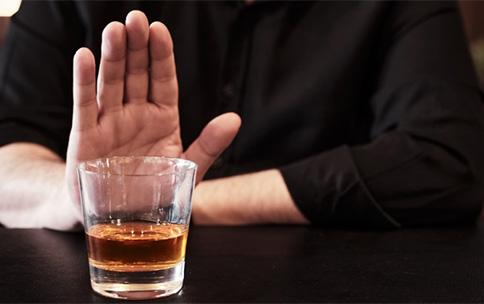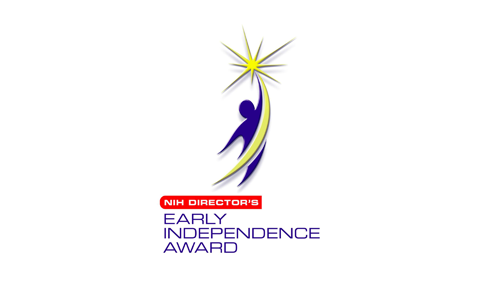
Can binge drinking be reduced with a pill? Binge drinking, also known as heavy episodic drinking, is highly prevalent in the U.S., and is defined for men as drinking five or more drinks and four or more drinks for women on one occasion. Research indicates that binge drinking is prevalent among several populations. Literature shows that foremost among these populations most frequently and drastically impacted are sexual and gender minority men (SGM).
Early Independence awardee, Dr. Glenn-Milo Santos, and his team of researchers, published a study that found a potential treatment option called naltrexone. Naltrexone is already an approved treatment option prescribed for patients with severe opioid and alcohol use disorders, which works by blocking endorphins to reduce cravings and euphoric effects from alcohol. The 12-week study enrolled 120 SGM who have mild to moderate alcohol use disorder (AUD) in a double-blinded randomized control trial, meaning half the participants received naltrexone and the other half received a placebo, and neither knew who received which treatment.
The study’s results showed that when taken on an as-needed basis, oral naltrexone was associated with significant reductions in binge-drinking days, frequency of binge drinking episodes, and intensity of alcohol cravings. Identifying strategies for early intervention using treatment options such as naltrexone to manage periods of alcohol cravings or binge drinking has the potential to provide lasting benefits for at-risk populations.
Santos GM, Ikeda J, Coffin P, Walker J, Matheson T, Ali A, McLaughlin M, Jain J, Arenander J, Vittinghoff E, Batki S. Targeted Oral Naltrexone for Mild to Moderate Alcohol Use Disorder Among Sexual and Gender Minority Men: A Randomized Trial. Am J Psychiatry. 2022 Dec 1;179(12):915-926. doi: 10.1176/appi.ajp.20220335. Epub 2022 Oct 26. PMID: 36285404.



